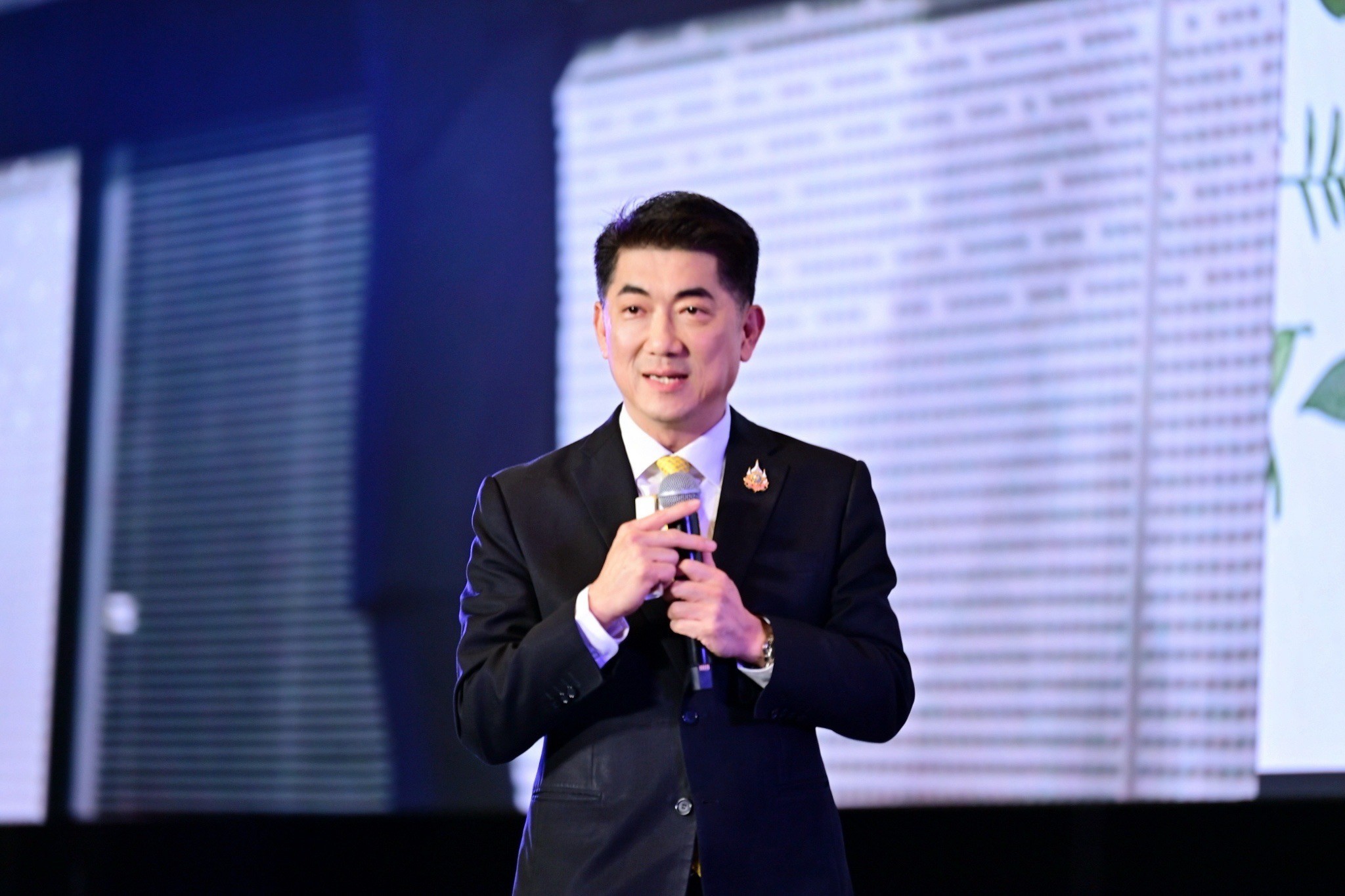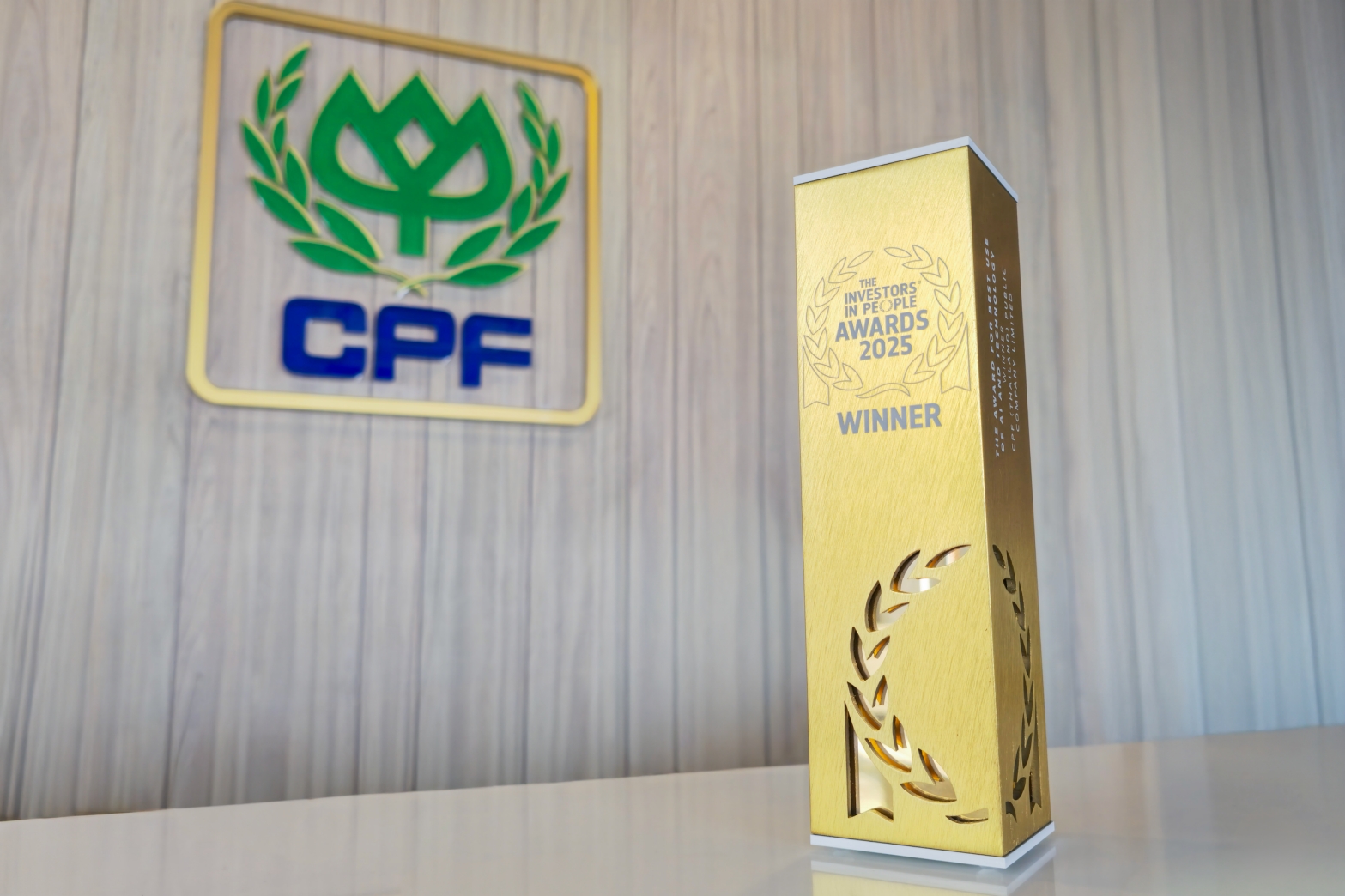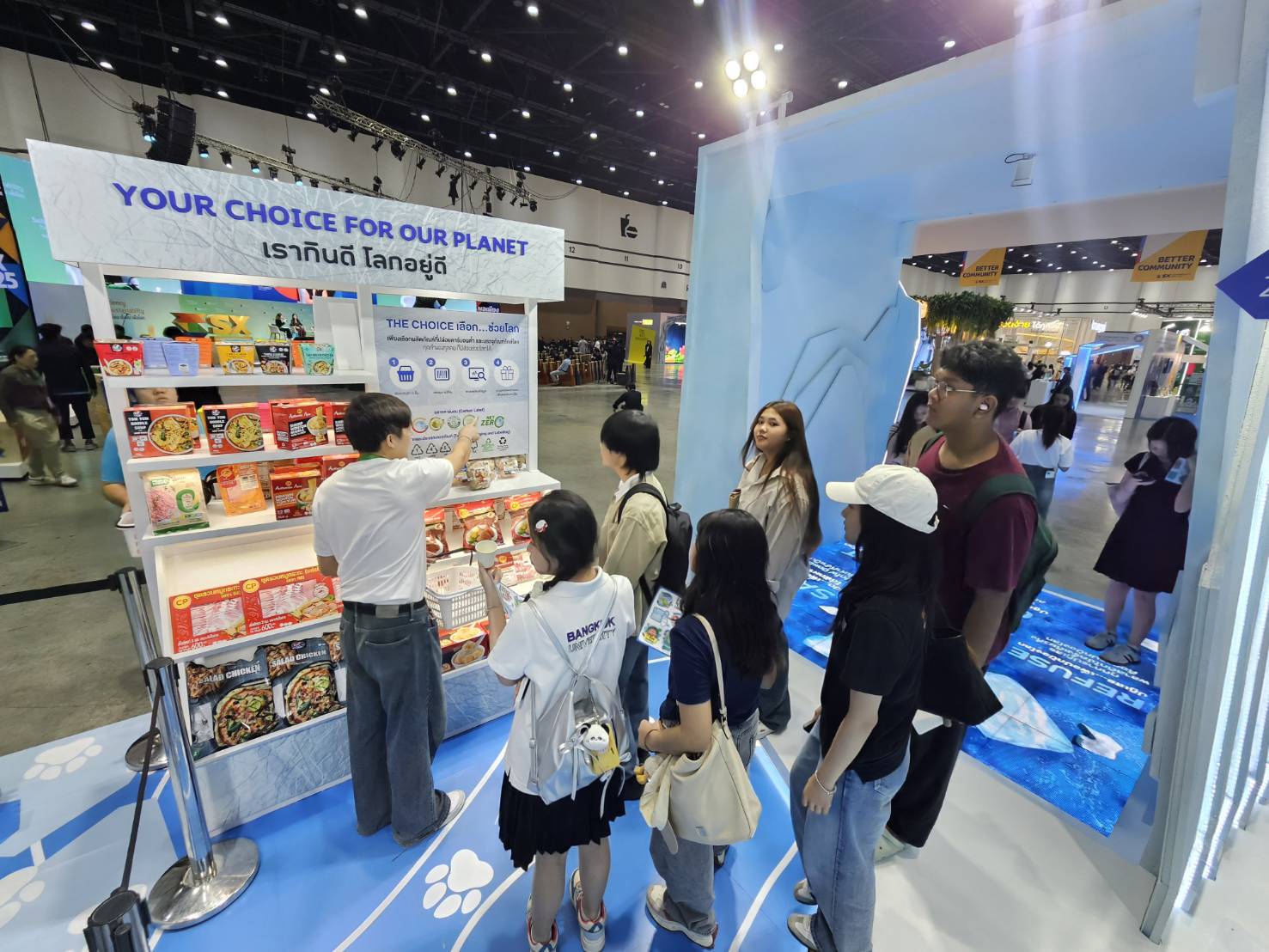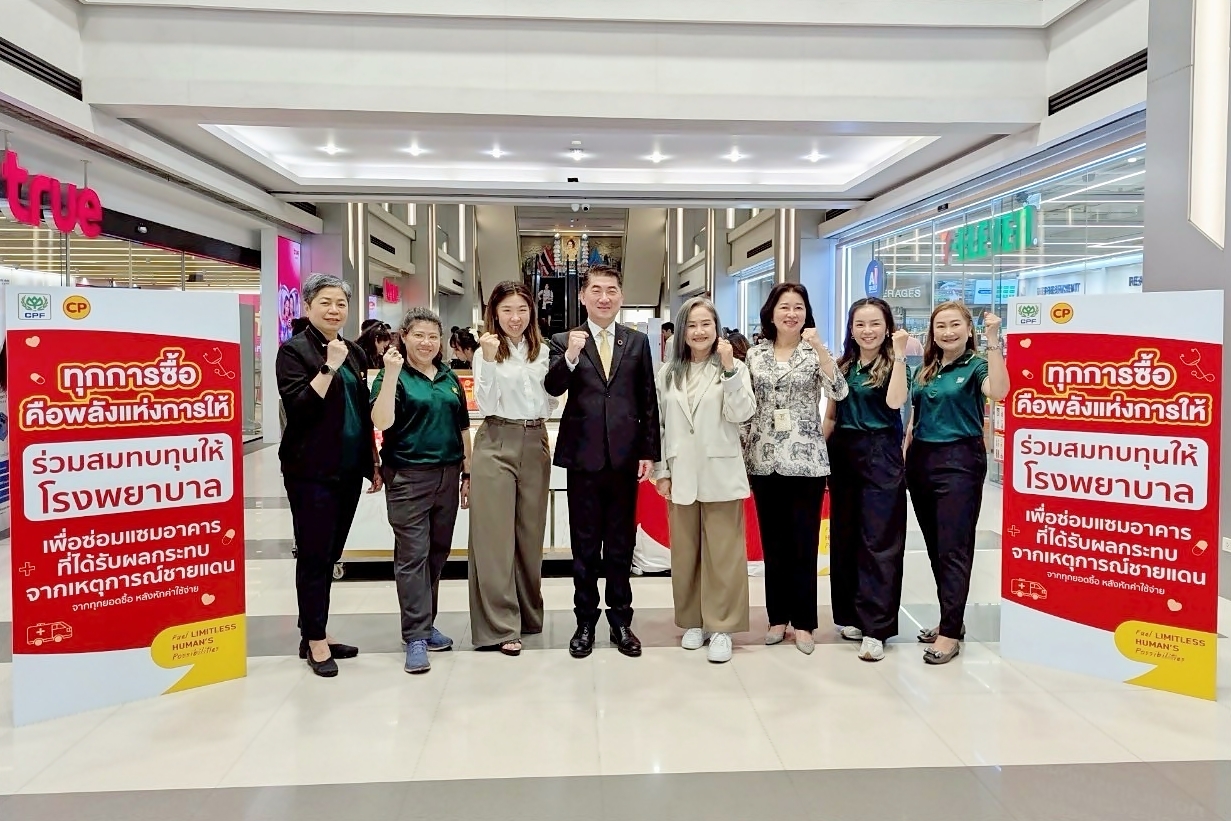

Prasit Boondoungprasert, Chief Executive Officer of CP Foods, shared his experience at the seminar "Accelerate Thailand: Driving Thailand to Connect the World," held to celebrate the 17th anniversary of TNN Channel 16 at True Digital Park, West Wing, 3rd floor, Grand Hall.
Prasit mentioned that CP Foods started as a small seed-selling company, but its success came from a business model that emphasized quality and food security to build consumer trust. The company's vision is to become the "Kitchen of the World," creating innovative food products that promote good health and well-being, making consumers feel good after every meal.
Today, CP Foods exports to 50 countries, operates in 17 countries, and reaches approximately 4 billion consumers. The company operates under the business philosophy of CP Group’s Senior Chairman, Dhanin Chearavanont, which is to contribute to the countries where CP Foods invests. Prasit cited examples of international products, such as chicken products exported globally, shrimp products like CP Foods’ shrimp dumplings recognized as a global product by Costco in the UK, high-protein snacks, Thai Cube, and the Kitchen Joy brand, which has been successful in Scandinavia. Additionally, CP Foods has elevated its product offerings with innovative health-focused products, such as Cheeva pork, which contains Omega-3 in its fat, and Benja chicken, where innovation adds more nutritional value to every bite.
The company also places great emphasis on environmental sustainability. One of its key strategies is the commitment to achieving net-zero greenhouse gas emissions by 2050. CP Foods is the first food producer globally to have its greenhouse gas reduction target (FLAG) approved by the SBTI. Reaching this goal requires cooperation from SMEs that supply to CP Foods. The company has initiated the "SMEx Low-Cost, Earth-Friendly" project, part of the "Partner to Grow: Growing Together Sustainably" initiative, which builds on the Faster Payment project that provided financial liquidity to SMEs during the COVID-19 crisis. Another initiative, "CPF x BBL," helps small suppliers access low-interest funding, promoting sustainable business growth. According to Prasit, successful large companies must collaborate to help SMEs accelerate Thailand’s economic growth together.
Furthermore, Prasit shared his vision of Thailand becoming a global hub, noting that the world sees Thailand as a top travel destination with globally recognized, delicious cuisine. He stressed the importance of Thai food gaining more global recognition, though this requires significant effort and collaboration. Prasit believes that if SMEs try to take on this challenge alone, it will be too slow. Therefore, he suggests that the government should work with private companies to establish food standards and branding. This would ensure that Thai products meet globally recognized standards of quality, safety, and cleanliness, creating a unique brand identity. Although this requires considerable investment and effort, it is a worthwhile long-term investment.
Another key factor is digital technology. Prasit emphasized that everyone in CP Foods must be digitally literate, as this is a crucial aspect of the business. He mentioned that CP Foods is extensively using AI and engineering to the best of its abilities. He believes that the government should provide support and incentives for engineering and innovation, as well as promote biotechnology. By doing so, industries can find mentors to help push the value chain forward, as businesses cannot succeed alone. In the end, success will come when everyone in the value chain thrives together.









